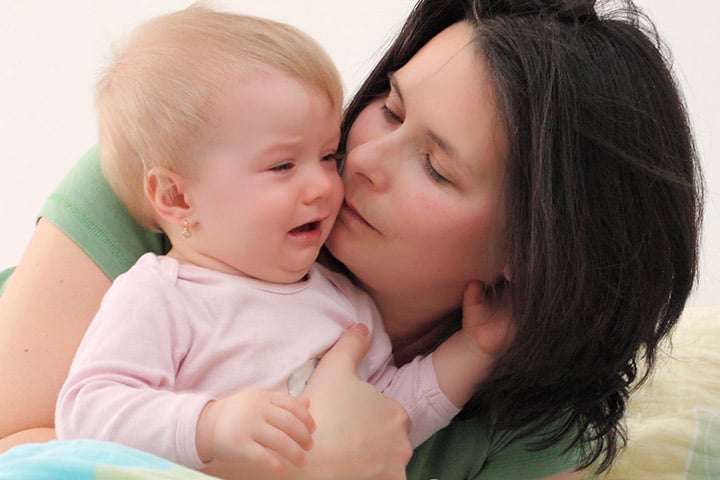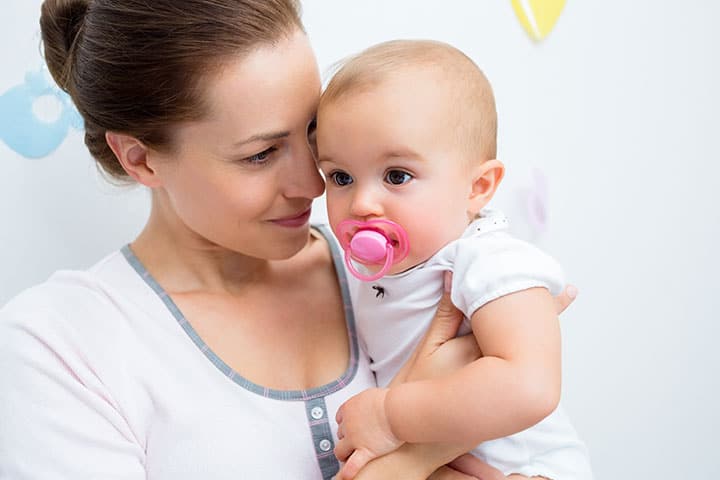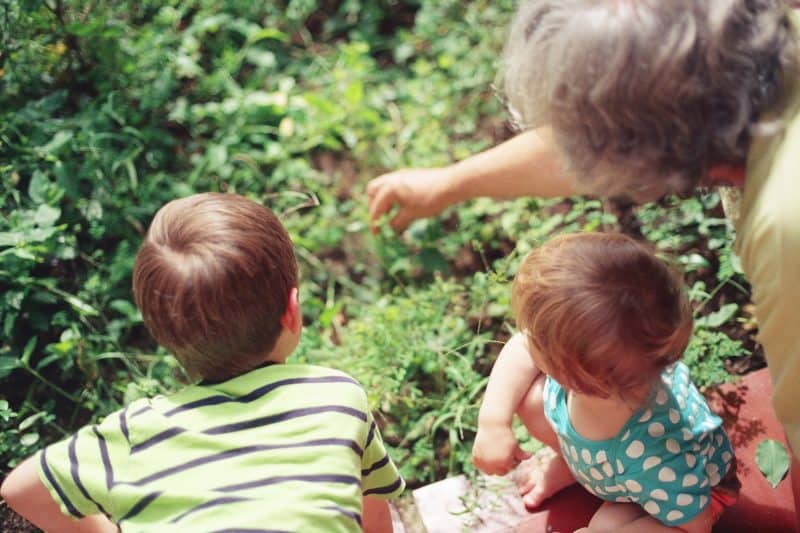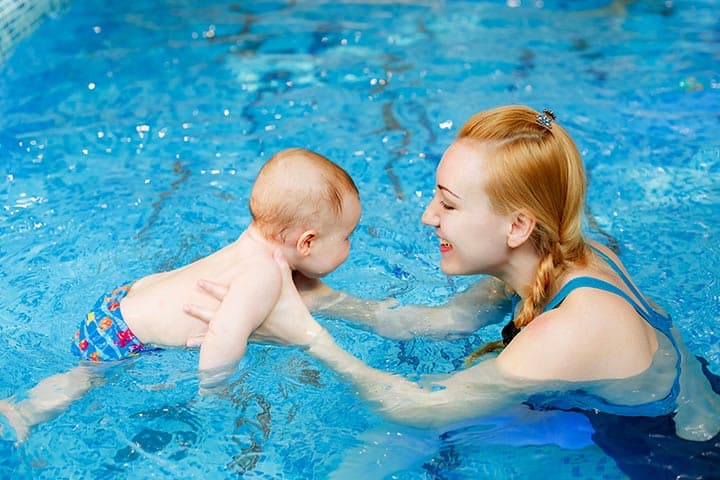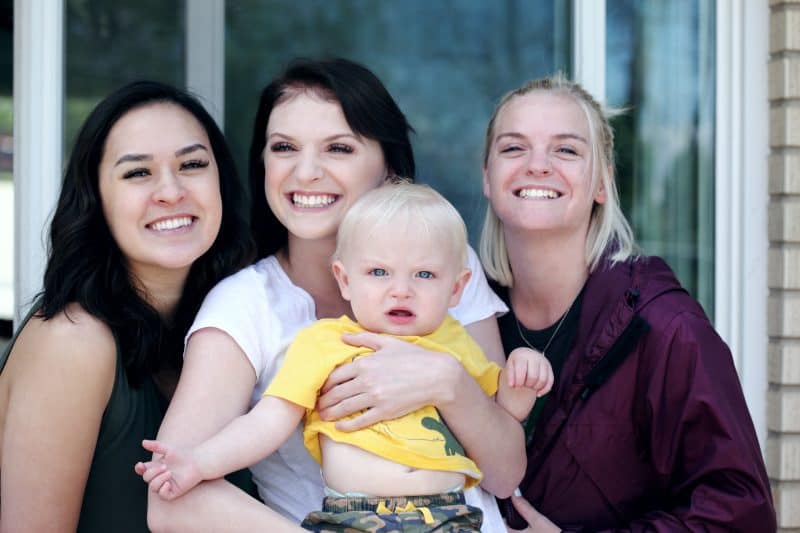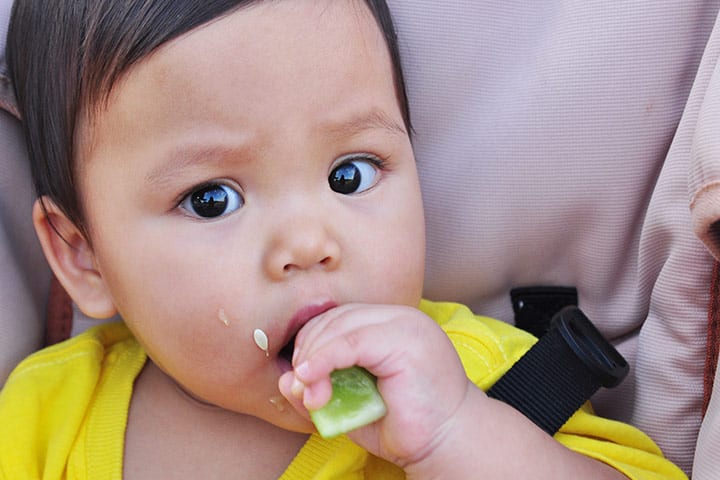It’s easy to feel trapped when your baby wails every time you try to step away. Rest assured that this is a natural and temporary stage in child development. Meanwhile, consider these suggestions to help you and your family sail through this period more comfortably.
Facts to Help Understand Separation Anxiety
- Know the key ages. Babies tend to become clingy at about 8 months. Just when you think it’s over, a second bout is likely to start up at about 18 months. All this usually fades away by the second birthday.
- Think about the psychology. Small babies lack enough experience to notice unusual events. It takes a while for them to realize that you are missing. At about 2 years old, they figure out that you always come back, and they like some independence.
- Talk with your doctor. About 5% of children may need additional help to overcome anxiety. Your physician can recommend what to do if a child shows signs of physical distress or if a child over 5 has fears that interfere with going to school or playing with friends.
Parenting Strategies to Help Deal with Separation Anxiety
- Say goodbye. You may be tempted to try sneaking away, but that will backfire. It’s less scary for your child if you make eye contact and say goodbye directly.
- Minimize drama. The best departures are brief. If possible, time them for when your child is well rested and fed.
- Keep talking. If you need to move to another room, your baby may feel more secure if they can hear your voice. Tell them about what you’re doing or sing a favorite song.
- Let your child get acquainted with other caregivers. Introduce babysitters and other caregivers before leaving them alone with a child. Rehearse by going for a walk around the block before you move up to a full evening out.
- Use a comforting object. Make it a ritual to give your child a stuffed toy or blanket while you’re gone. They can hold onto it until you return.
- Play games. Have fun with the experience. Tell older children where you’re going and what time you’ll be back. Quiz them on it later.
- Offer rewards. Create something to look forward to. Share a hug and tell your child how much you missed them. Read a book together or make crafts.
- Reassure your partner. Children generally focus on the parent they spend the most time with, so the other partner may feel left out. Discuss your feelings and support each other.
- Plan for going back to work. If you can pull it off, you may want to let your baby’s comfort levels increase before scheduling your return to the office. Starting out with part time hours can also ease the transition.
- Rule out other causes. Children will outgrow most of this clinginess and crying on their own. At the same time, you want to spot any more serious causes like fever or other illness.
- Expect setbacks. Stressful events will make a child hang on tighter. Be prepared to provide extra comfort if your child will be having surgery or your family is moving to a new house.
- Recognize your own anxieties. Children pick up on their parent’s thoughts. If you are calm and cheerful, your child will probably decide that everything is okay.
You’ll feel better if you remember that most children quickly get over their tears after you’re out the door. Be patient and look forward to the day when parting will be a lot easier for you and your child.

